THEMES
HOME / OUR WORK / THEMES
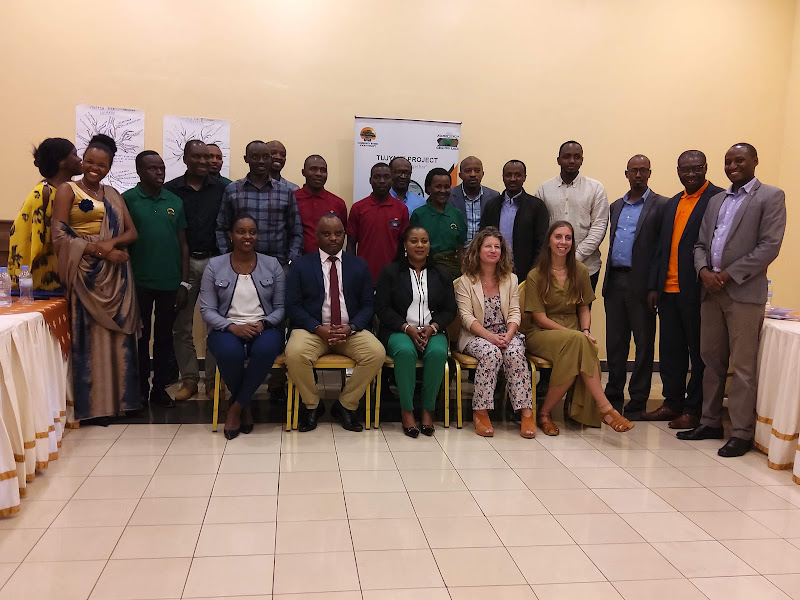
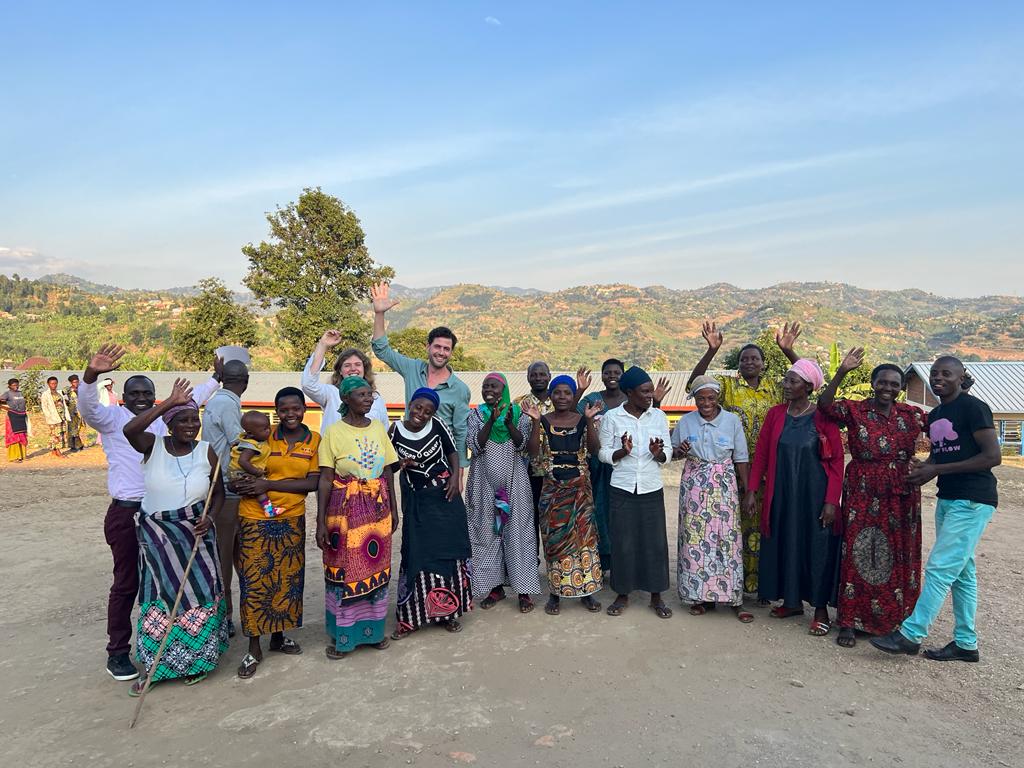
A Dutch delegation visited Mvura Nkuvure graduate groups in Rubavu district
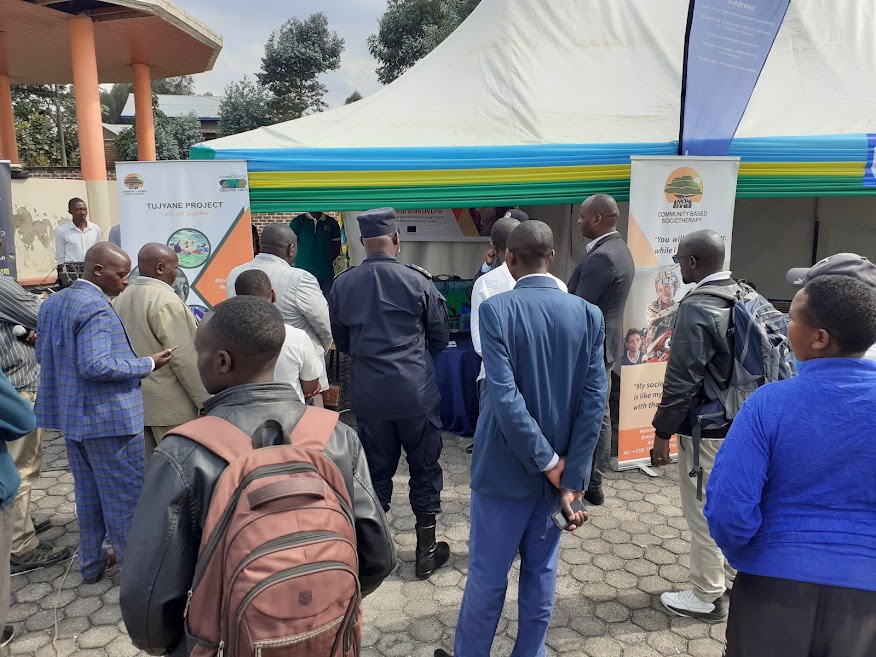
Nyabihu Open Day 2022: A great opportunity to connect
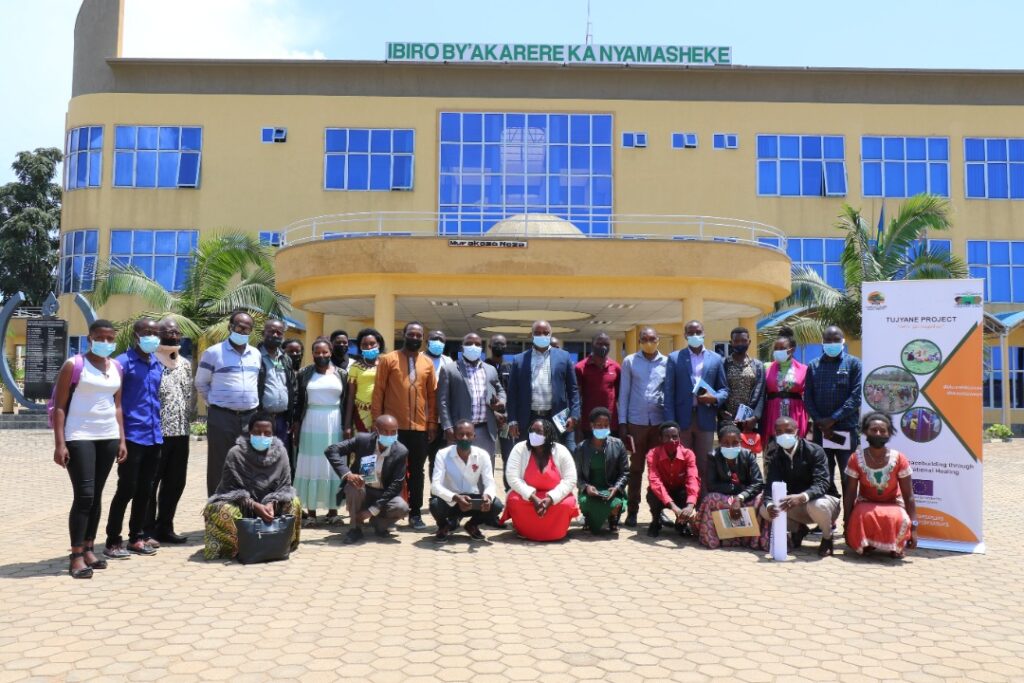
Nyamasheke and Rusizi districts facilitated the People’s Parliament for Peace sessions
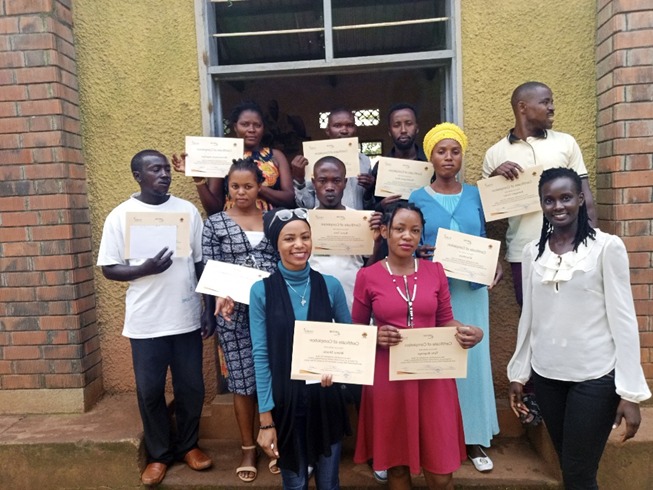
Kyangwali Refugee Camp: a challenging but promising sociotherapy journey
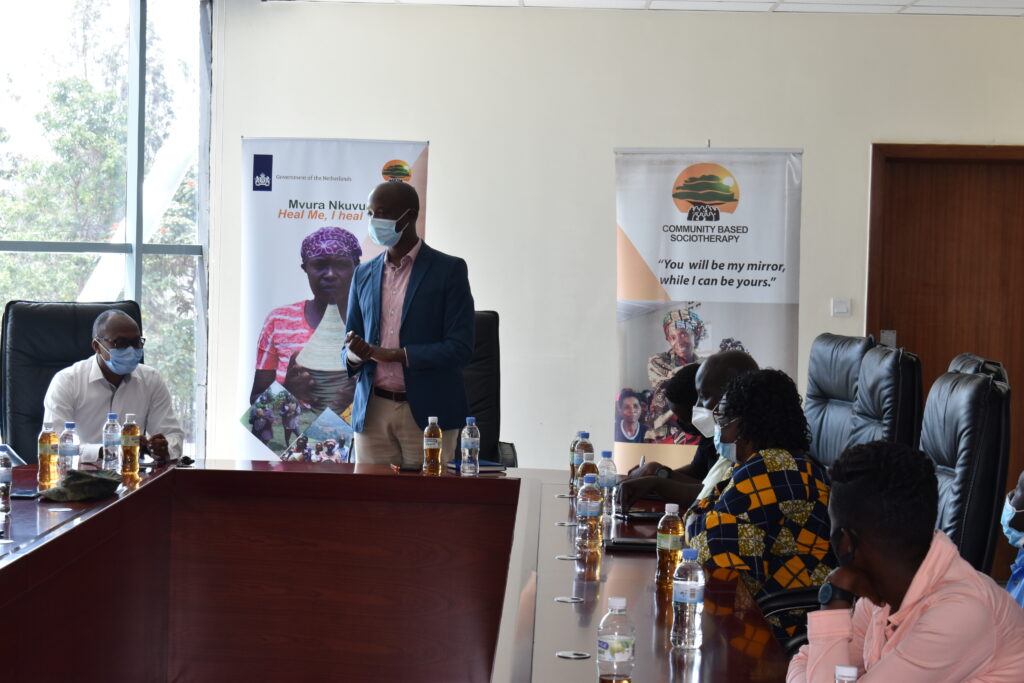
Gasabo: Nyuma yo gusoza Mvura Nkuvure biyemeje kwimakaza ubumwe, gukorera hamwe no kwiteza imbere
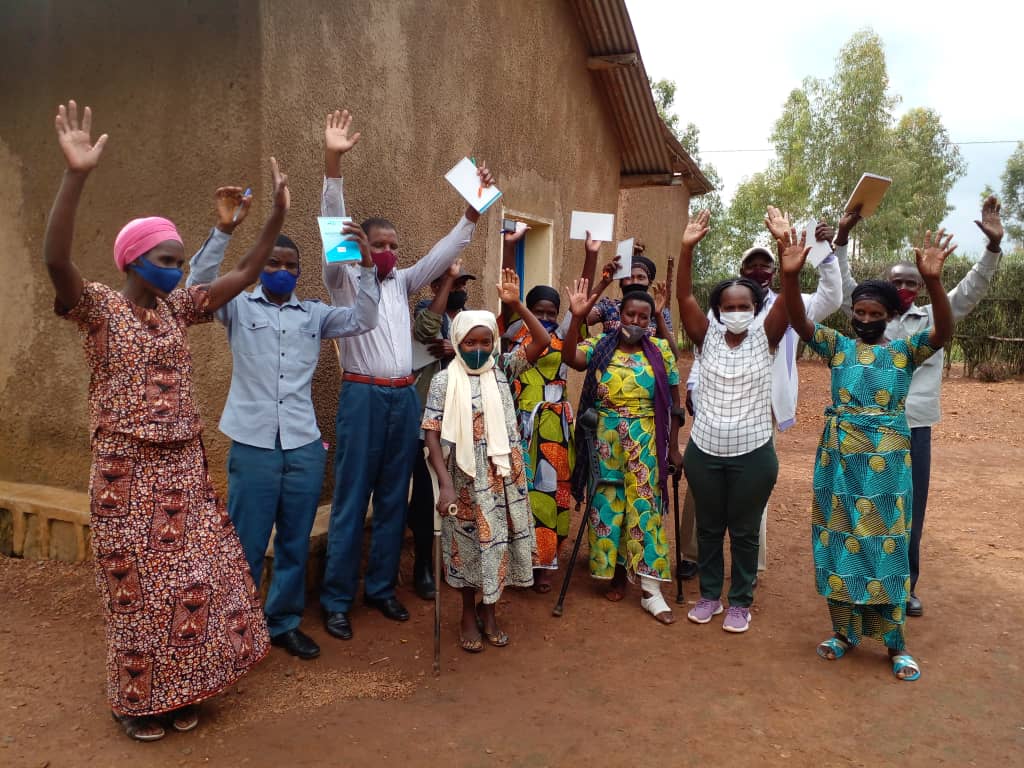
Coaching Mvura Nkuvure groups to further sustain their self-initiated socio-economic activities and strengthen their social cohesion
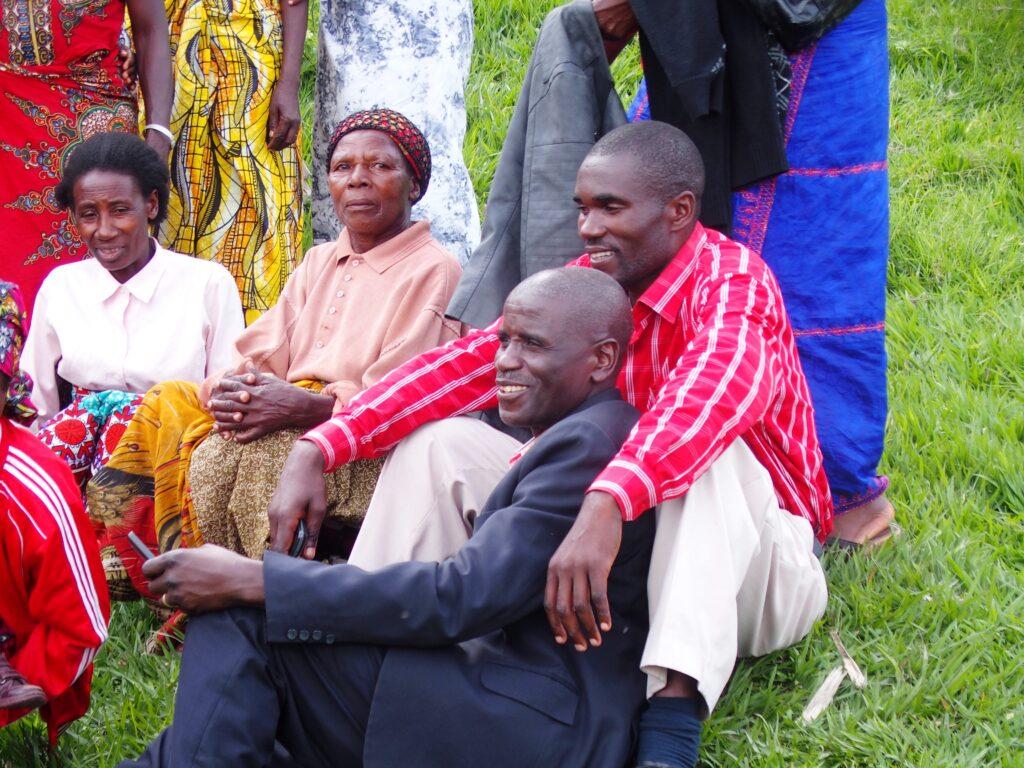
The composite term of mental health and psychosocial support (MHPSS) refers to any type of support that aims to protect or promote psychosocial wellbeing or prevent or treat mental disorders. Conflict and violence generate psychosocial impacts on the communities that experienced it, and these impact transcends the individual, household and community level.
Read more >>
Peace building and Reconciliation
Reconciliation can be distinguished in ‘thin’ and ‘thick’ reconciliation, respectively kubana and ubwiyunge in Kinyarwanda. The first stands for living together as a matter of necessity, while the latter is a matter of the heart and a state of feeling in social relations. Ubwiyunge involves speaking truthfully and honestly between conflicting parties about what happened in the past that has divided them and starting new relationships based on trust and respect.
Read more >>
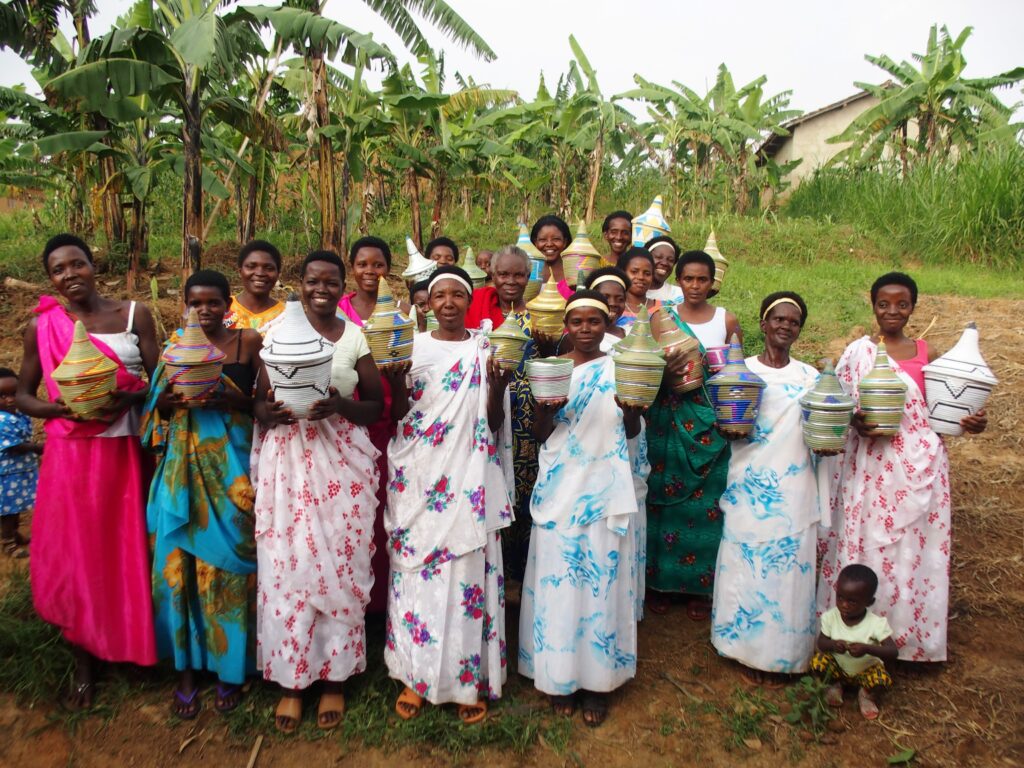
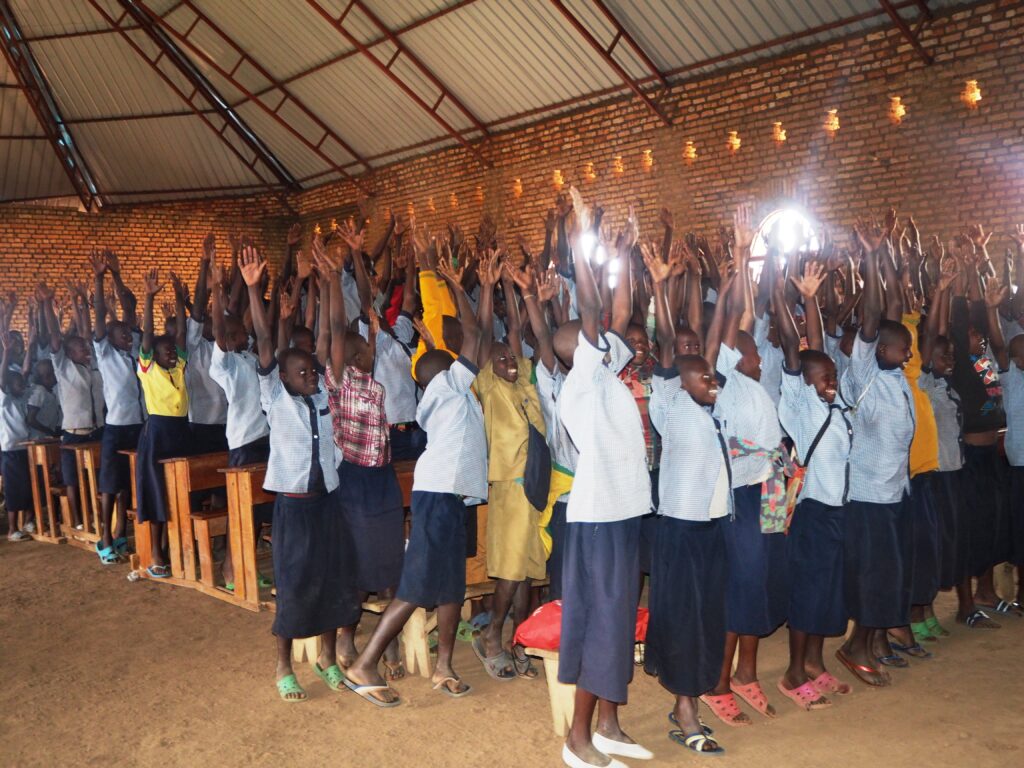
Intergenerational legacies of the 1994 Genocide committed against Tutsi
Over the years, team members overseeing the implementation of the sociotherapy approach, observed that disturbed family dynamics are a prominent issue in Rwanda. Exploration of this issue led to a few studies that gave evidence that genocide legacies affecting parents may have a negative impact on their offspring, which in turn may affect the so-called second generation (those who were too young during the genocide to consciously experience it and those born after the genocide) and impact on their attitudes and behaviour regarding reconciliation.
Read more >>
Prisoner reintegration
It is recommendable for the achievement of effective and rapid reintegration that reconciliation between genocide perpetrators and their families and communities already starts in prison. Usually prisoners have limited opportunity to interact with the people they offended. In so far as this interaction is possible, psychological distress resulting from the crimes committed and the life in prison constrain prisoners from engaging themselves in reconciliation processes.
Read more >>
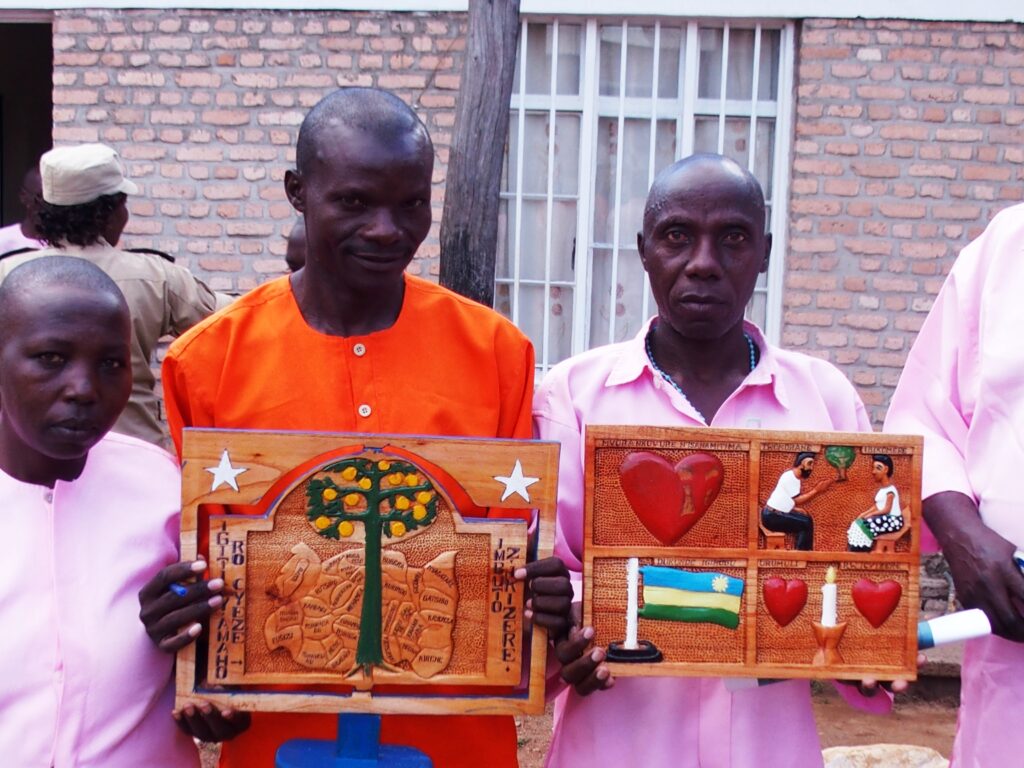
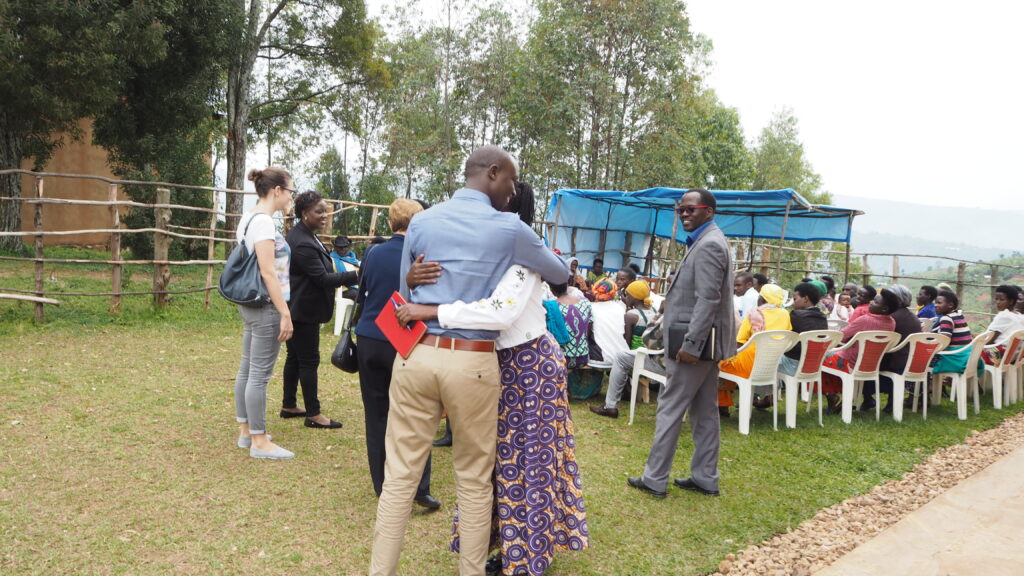
Gender and family relations
Under construction
Read more >>
Grassroots advocacy
Community Based Sociotherapy Rwanda promotes evidence-based grassroots advocacy and strengthens citizen’s participation to contribute to raising awareness about community issues. CBS Rwanda creates safe spaces of the groups to go beyond their personal and family issues, identify and analyze the community issues that influence the daily lives of people and form a risk factor for sustainable peace and development of their communities.
Read more >>
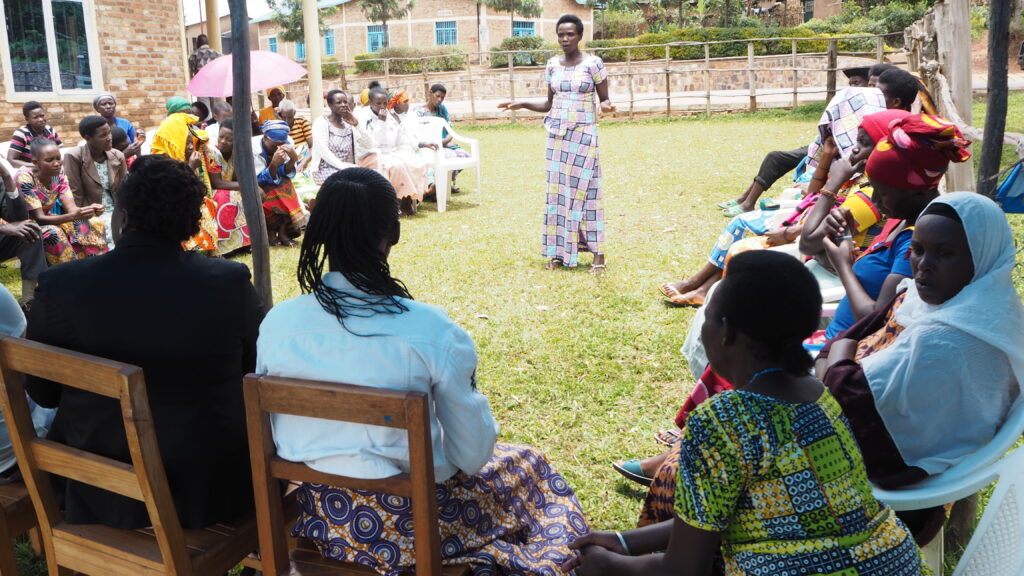
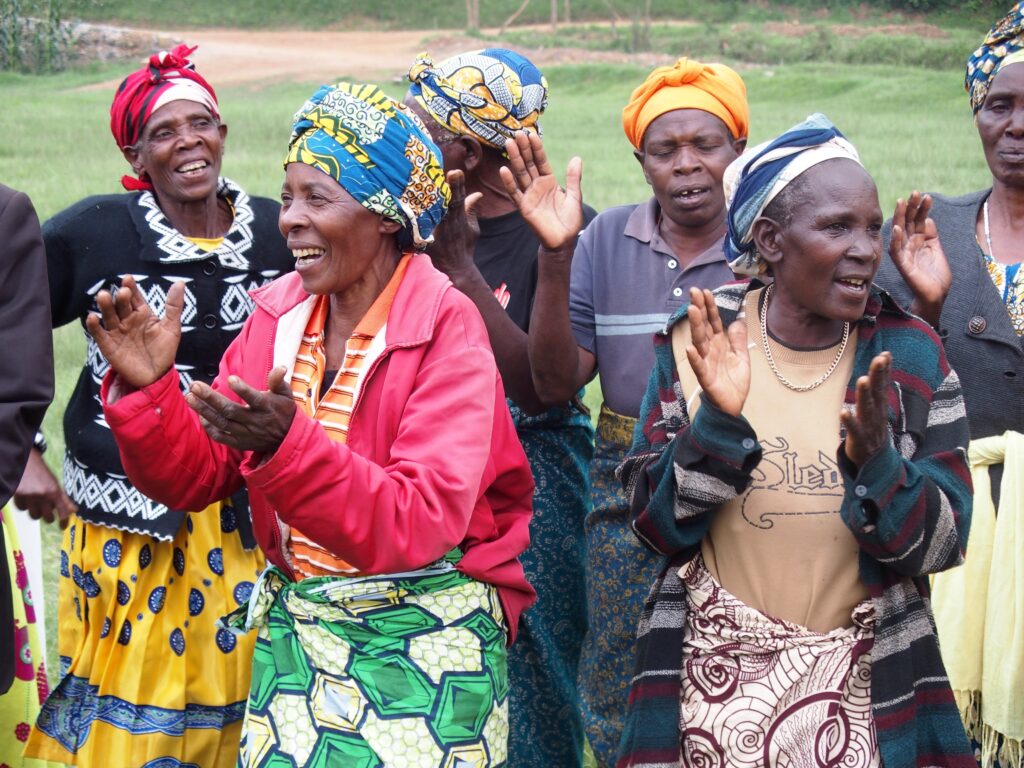
Socio-economic development
The increased level of psychosocial well-being among graduates of sociotherapy, interpersonal reconciliation and social cohesion are the factors that also facilitate engagement in economic development.
As groups that have done a healing journey together for about 15 weeks, sociotherapy graduates decide to remain and work together for them to sustain new life orientation they benefit from the healing journey.
Read more >>
